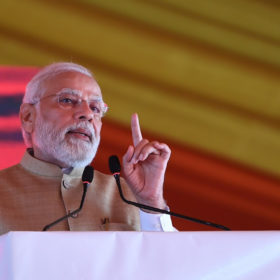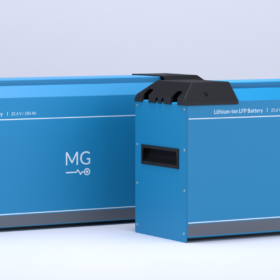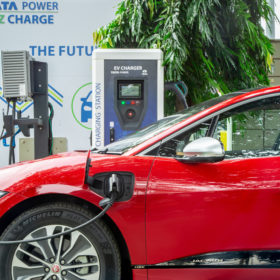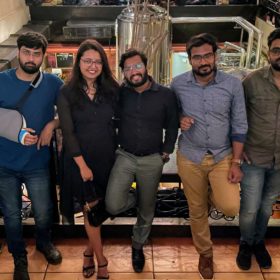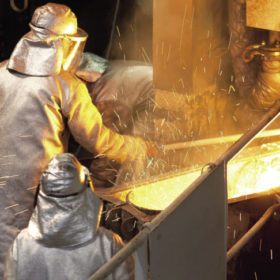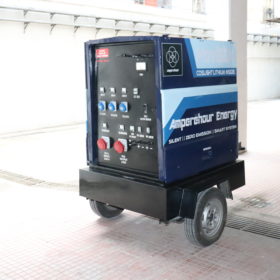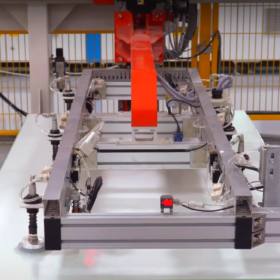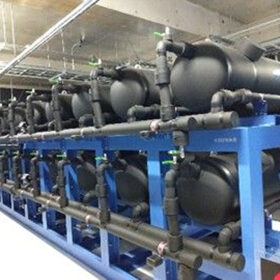Prime minister Narendra Modi to launch construction of Suzuki’s EV battery plant in Gujarat
Japanese carmaker Suzuki Motor is investing INR 7,300 crore (around $914 million) to set up the electric vehicle battery plant at Hansalpur in Gujarat. The plant will manufacture advanced-chemistry cell batteries.
New battery for residential, commercial applications
Dutch manufacturer MG Energy Systems is offering a new storage system in two versions, with capacities of 5.8 kWh and 7.2 kWh and nominal capacities of 230 Ah and 280 Ah.
India’s EV sales to annually surge 49% in 2021-30 period, says IESA
A new India Energy Storage Alliance (IESA) report projects electric vehicle sales to grow by as much as 49% per year to 17 million units by 2030, with electric two-wheelers accounting for almost 88% of total demand.
EV sales to grow at slower-than-expected pace
Sales growth in India’s electric vehicle market will moderate to 75% per year over the next three years, as supply constraints drive up prices of key raw materials for batteries.
Metastable opens innovation center for metal extraction from dead lithium batteries
The urban mining startup has set up an R&D and innovation center focused on improving the efficiency and yield of its chemical-free technology for extracting valuable materials from dead lithium batteries. It will ramp up the facility to double it up as a fully operational metal extraction unit by the end of December.
Reliance, Ola, Rajesh Exports sign agreement to make batteries under PLI Scheme
The three companies will receive incentives under the government’s production-linked incentives scheme for battery storage. The scheme has an overall budgetary outlay of INR 18,100 crore (around US$ 2,284 million).
India may fall behind its 2030 EV sales forecast
A new report says India will have only 50 million electric vehicles (EVs) on road by 2030 despite a ramp-up in domestic manufacturing, falling behind by 40% on the cumulative sales projections by NITI Aayog. It also recommends policy measures to improve India’s chances of realizing 80 million EV sales by 2030.
India will have 125 GWh of lithium batteries ready for recycling by 2030
India will see a cumulative demand for around 600 GWh of lithium-ion batteries from 2021 to 2030 across all segments. The recycling volume coming from the deployment of these batteries will be 125 GWh by 2030.
Plug-and-play mobile energy storage system
India’s AmpereHour Energy has released MoviGEN, a new lithium-ion-based, mobile energy storage system. The system is scalable and can provide clean energy for applications such as on-demand EV charging, remote construction sites, and large-scale outdoor events.
Bihar makes preferential procurement pitch to lithium battery, solar manufacturers
The state of Bihar has started accepting bids from lithium battery and solar module manufacturers to set up factories under its preferential procurement incentive scheme. To be eligible, the bidders must meet the minimum qualifying criteria and be willing to set up at least 25 MW of solar module production capacity and 50,000 of lithium battery output per year.
